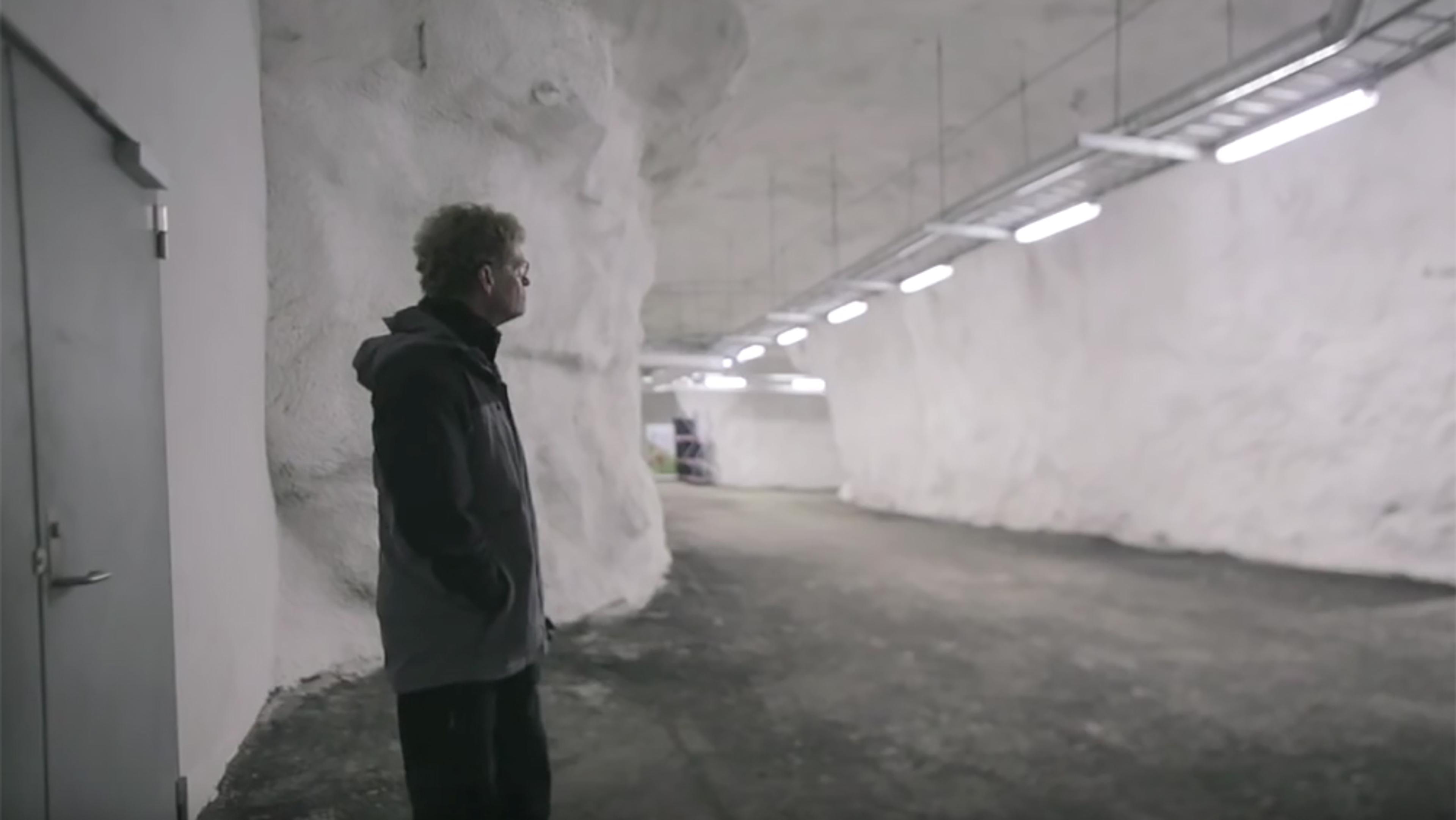In the barren reaches of Arctic Siberia, Sergey and Nikita Zimov, a Russian father-and-son team of scientists, are working on geoengineering measures that sound as if they’re ripped from the pages of a Michael Crichton novel: reintroduce a massive, bygone ecosystem to the Eurasian steppe, including mammoths developed from elephant-mammoth DNA hybrids. Their plan is not, however, just for their own amusement – it’s to fight global warming. Placed in context, their idea isn’t nearly as farfetched as it sounds: the massive permafrost covering much of Siberia is in grave danger of melting away. If it does, dormant microbes frozen in the soil would wake and release enormous quantities of carbon into the air, creating a potentially disastrous climate feedback loop. According to the Zimovs, a new, thriving steppe ecosystem teeming with large, roaming herbivores – Pleistocene Park, as they call it – could keep the dangerous carbon insulated in the ground. And those mammoths that have been extinct for millennia? Thanks to the new gene-editing technology CRISPR, they could be just years away. At once a rather curious father-son portrait, and a revealing investigation of the inventive and extraordinary measures needed to fight global warming, Mammoth is the US filmmaker Grant Slater’s video companion piece to an article by Ross Andersen, senior editor at The Atlantic and former Aeon deputy editor.
Bring back the mammoth to fight global warming? It’s not as crazy as it sounds
Director: Grant Slater

videoEarth science and climate
There’s a ‘climate bomb’ ticking beneath the Arctic ice. How can we prepare?
8 minutes

videoEarth science and climate
A portent of climates to come – on the telling rings of the bristlecone pine
7 minutes

videoEngineering
Building a prosperous future demands bold ideas. These are some of the boldest
40 minutes

videoEngineering
Can monumental ‘ice stupas’ help remote Himalayan villages survive?
15 minutes

videoBiotechnology
It’s our responsibility to engineer corals that can weather the world we’ve created
11 minutes

videoTechnology and the self
At the Cryonics Institute, hope for the future is high, and death is put on ice
12 minutes

videoAnthropology
Does Mogi’s future lie with her horses on the Mongolian steppe, or in the city?
16 minutes

videoThe future
Is the Global Seed Vault in Norway humanity’s last, best hope?
4 minutes

videoAnimals and humans
Are zoos and natural history museums born of a desire to understand, or to control?
57 minutes